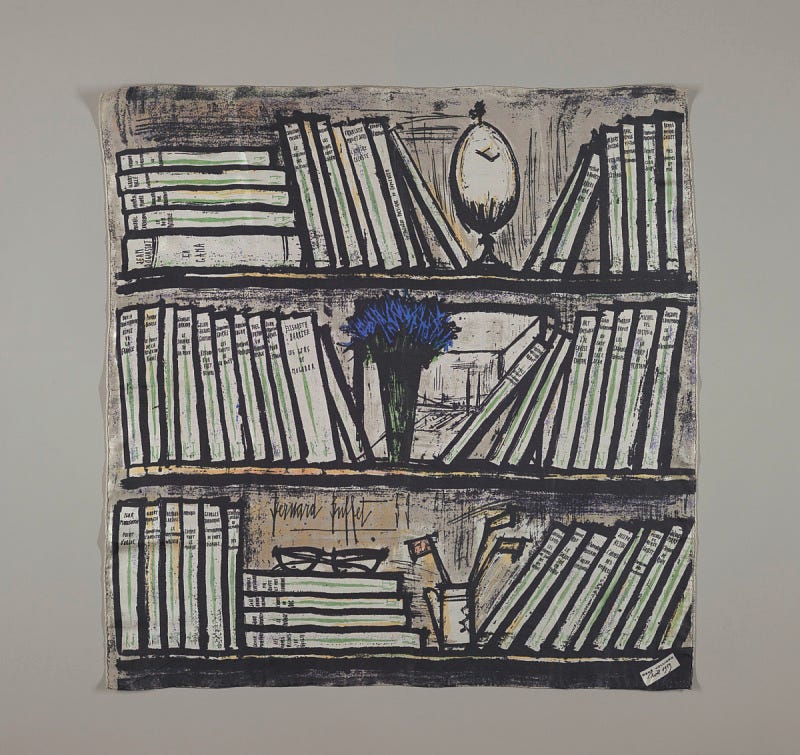
March 9, 2023
The week of March 13–19 is the Spring Break at The New School, and we’re offering a longer reading list full of analytical essays and excerpts from recently published books. Enzo Traverso explains third-person writing in historiography, Jessica Pisano speaks about political performance in Russia and Ukraine, Clara Mattei discusses the rise of austerity politics, and much, much more.
Retrospective
“Histories of empire produced a mottled mix of famed and unacceptable artists—novelists, poets, illustrators, journalists, and editors—who mobilized their dissensions to produce an irreverent aesthetics and recalcitrant politics.” In her recent essay, Ann Stoler reconsiders the anti-colonial avant-garde (March 7, 2023).
Enzo Traverso explores impersonal writing as a part of the centuries-old historiographical tradition: “To qualify as objective and sufficiently distant from the events in question, historical narration had to be anonymous and the historian undetectable lest they make their presence known in any way” (March 8, 2023).
Book Club
Rana Foroohar is a columnist, editor, and global economic analyst. Her new book, Homecoming, explores the localization and regionalization of economics as alternatives to unfettered globalization. Read about the dangers of laissez-faire in this excerpt (February 22, 2023).
Why do people in Russia and Ukraine participate in political theater? Find out more about “the kingdom of political imitation” in this introductory excerpt from NSSR Associate Professor of Politics Jessica Pisano’s Staging Democracy (March 6, 2023).
“Austerity’s capacity to divert attention from systemic problems also helped foster collective passivity,” declares Clara Mattei in this excerpt from The Capital Order. Mattei is Assistant Professor in Economics at NSSR and Eugene Lang College of Liberal Arts (February 9, 2023).
“There is no time in human history without poetry. Poets often go into exile in fraught times.” Enjoy this excerpt from the preface of Anne Waldman’s new nonfiction book, Bard, Kinetic (January 25, 2023).
New to Public Seminar? Subscribe to our newsletter for weekly updates on the pressing issues of our times.
“Both the political context of the Holy Roman Empire and the intellectual environment in Europe were favorable to the development of statistical ideas,” states NSSR Assistant Professor and Director of Undergraduate Studies for Politics Quentin Bruneau. Read about statistics as a form of knowledge in this excerpt from his book, States and the Masters of Capital (March 1, 2023).
Have a wonderful Spring Break!


